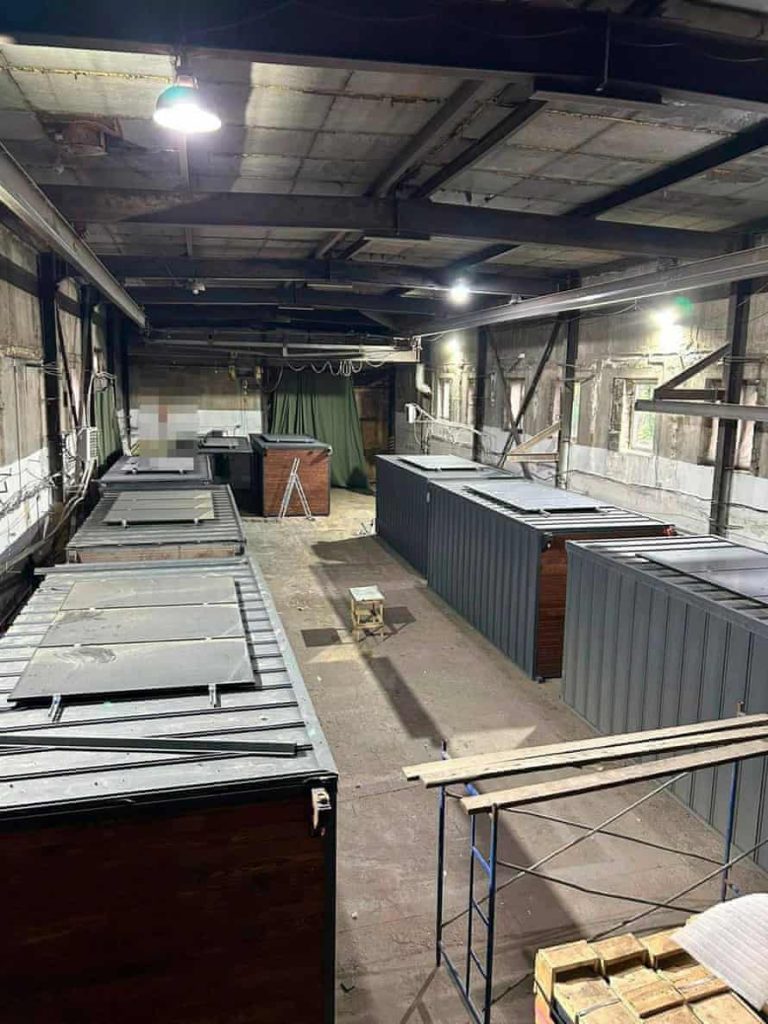Ukraine has launched its most daring and destructive drone strike of the war, targeting multiple Russian airbases deep within Siberia and damaging more than 40 military aircraft, according to Ukrainian security officials. The operation, which took place on the eve of peace negotiations in Istanbul, marks a major escalation in the three-year conflict between the two countries.
The attacks struck four separate airfields, reportedly destroying or disabling Tu-95 and Tu-22 strategic bombers, the same aircraft Russia frequently uses to launch missile strikes on Ukrainian cities. Ukraine’s SBU intelligence agency claimed responsibility for the mission, which they say was 18 months in the making and resulted in losses to the Russian military estimated at $7 billion.
Ukrainian President Volodymyr Zelenskyy confirmed he personally oversaw the operation, codenamed “Spiderweb”, praising its precision and secrecy. “This is a completely unique operation,” Zelenskyy said. “Planning, organisation, all the details were perfectly prepared.”
The drones were reportedly smuggled into Russian territory and hidden in the roofs of wooden sheds, which were then placed on lorries and driven near the targeted airfields. When the time came, remotely activated mechanisms lifted the roof panels, allowing the drones to launch undetected. In total, 117 drones were used across three Russian time zones, with all operators withdrawn safely before the attack.
Footage provided by Ukrainian officials shows bombers engulfed in flames, while Russian Telegram channels posted clips of drones launching from disguised trucks and bombers ablaze at Olenegorsk airbase in Murmansk. In one clip, a Russian soldier at the scene is heard saying, “It’s fucked here,” as the aircraft burn behind him.
The Russian defence ministry confirmed that several planes “caught fire” at airbases in Murmansk and Irkutsk, though it claimed there were no casualties. Authorities also said some “participants” in the attack had been arrested.
The attack on Belaya airbase in Irkutsk oblast, located more than 2,500 miles (4,000km) from Ukraine, underscores Kyiv’s growing long-range capabilities, especially in drone warfare. In March, Ukraine revealed it had developed drones with a 3,000km range, though it declined to share details.
The strikes came as Russia also escalated its offensive. Moscow launched 472 drones overnight, the highest number in a single night since the war began, alongside seven missile strikes. Ukraine’s military reported at least 12 soldiers killed and over 60 wounded in a missile attack on an army training unit.
In a separate development, two train derailments in Russia’s Kursk and Bryansk regions killed at least seven people and injured dozens more. Russian investigators have blamed sabotage, calling the incidents acts of terrorism. Bridges were reportedly destroyed by explosions, causing chaos on routes used for transporting troops and military supplies.
The Kremlin confirmed that President Vladimir Putin had been briefed overnight and that Russian authorities were investigating the train derailments and drone attacks.
Despite the sharp escalation, both countries are set to attend peace talks in Istanbul on Monday. Zelenskyy said Ukraine’s delegation, led by Defence Minister Rustem Umerov, would present proposals for a complete and unconditional ceasefire, the return of prisoners and abducted children, and reparations from Russia. He insisted there would be no compromise on Ukraine’s sovereignty or military capacity.
According to Reuters, the Ukrainian peace proposal rejects Russian sovereignty over any occupied territory and rules out future limits on Ukraine’s military strength.
By contrast, President Putin’s stated terms for ending the war include Ukraine renouncing its ambitions to join NATO and withdrawing from the four regions partially occupied by Russian forces.
The United States, under President Donald Trump, has increased pressure on both sides to reach a settlement and warned it may withdraw support if no progress is made, a move that could leave Ukraine heavily reliant on European aid.




